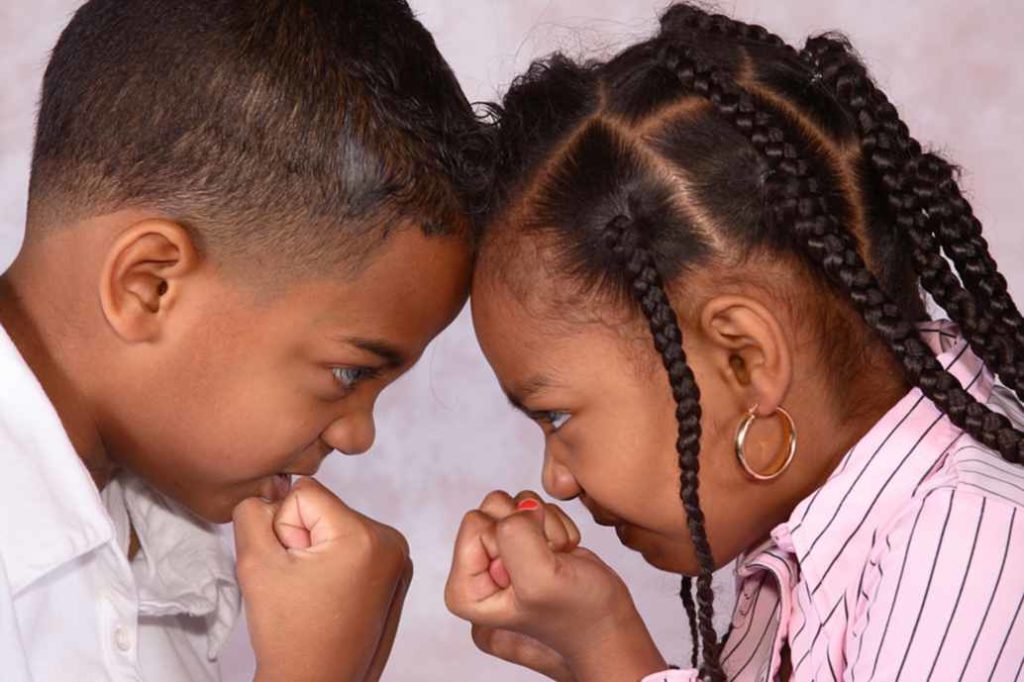
How to Resolve Conflict?
Conflict is a normal part of kid’s lives. Wanting the same thing when only one is available or having different wants and needs, can easily lead children into conflict. Common ways that children respond to conflict include physical aggression and arguing, as well as more passive responses such as avoiding one another and backing off.
When conflict is poorly managed it can have a negative impact on children’s self-esteem, in their relationships, even on their learning. Teaching children the skills for resolving conflict can help significantly. Children’s skills for getting along with others can be improved by learning to manage conflict effectively. When they know how to manage conflict well children have better friendships, are much happier, and are better learners at school.
Since children have different preferences and needs, experiencing conflict with others is unavoidable. Many children think of conflict as a competition that can only be resolved by having a winner and a loser. The problem with thinking about conflict in this way is that it does not result in effective conflict resolution because it promotes win-lose behavior: children who think they cannot win try to avoid the conflict and children who want to win try to dominate the other person.
Kids may try to get their way in a conflict by using force. Some children give in to try to stop the conflict, while others try to avoid the situation altogether. Sometimes these approaches appear to work in the short-term, but they create other sets of problems. When children use force to win in a conflict it creates resentment and fear in others, however, using this approach may develop a pattern of dominating and bullying others to get what they want. Children who tend to give in or avoid conflict may lack both skills and confidence for appropriate assertive behavior, however, they are more likely to be dominated or bullied by others and may feel anxious and negative about themselves.

It is possible instead to respond to conflict in positive ways that seek a fair outcome. Conflict can be seen as an opportunity to build more respectful and healthier relationships by understanding the perspectives of others, instead of being seen as a win-lose competition.
Adults have a significant impact on how children deal with conflict. Often adults encourage children to deal with conflict by compromising, meaning that no-one wins or loses outright. Each person gets some of what they want and also gives up some of what they want. Many children learn how to compromise as they grow and find ways to negotiate friendships. This may correspond with an approach to resolving conflict that is based on compromise.
Using a win-win approach means finding out more about the problem and looking together for creative solutions so that everyone can get what they want. Effective conflict resolution requires children to apply a combination of well-developed emotional and social skills. These include skills for understanding others, communicating effectively, managing feelings, and making decisions.
